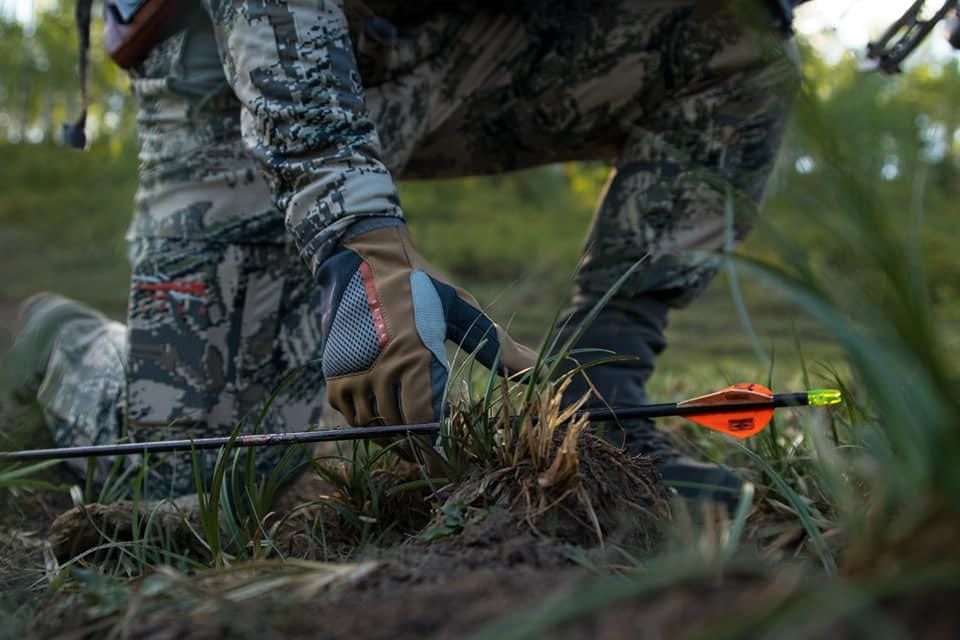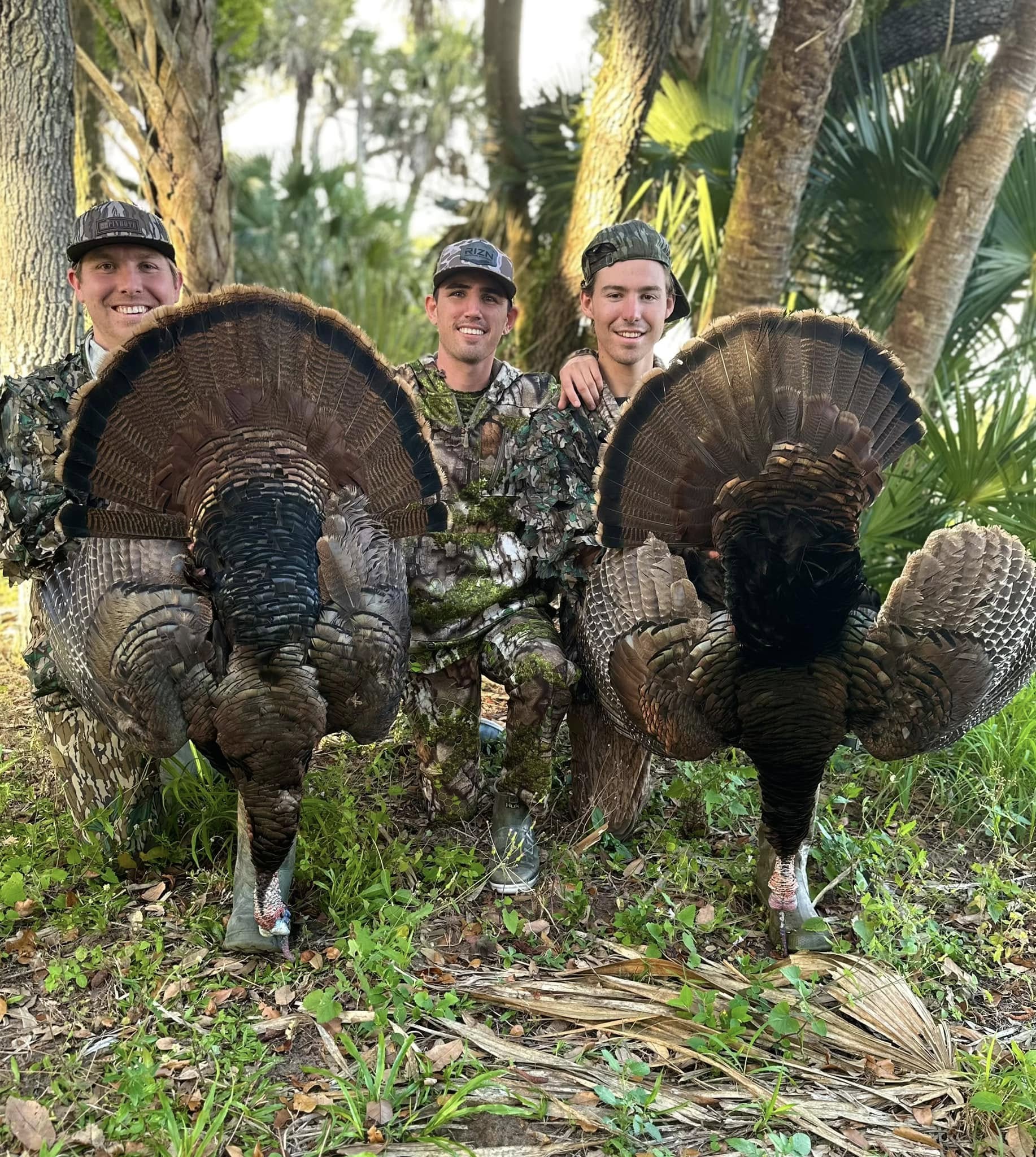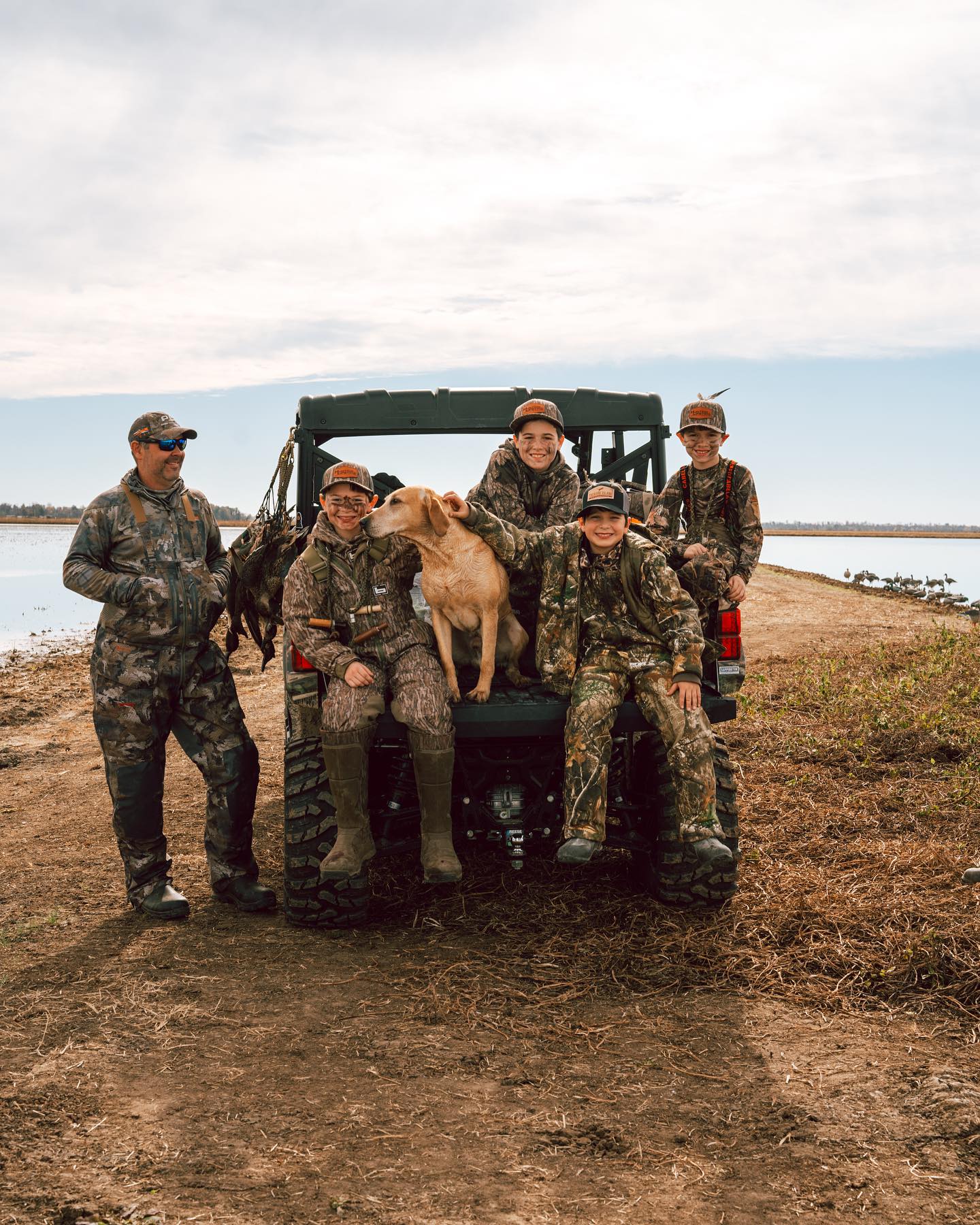Booking a guided hunt is a great way to improve your skills, gain access to top hunting spots, and boost your chances of success in the field. Whether you’re new to the game or just looking for a solid experience with a seasoned pro, a good guide can make all the difference. But not all guided hunts are created equal. To get the most out of your trip, you need to go in with the right mindset and preparation. Here are five key things to keep in mind.
1. Know What You’re Signing Up For
A common misconception is that guided hunts guarantee an easy kill, but that’s not the case. Even with a guide, you’ll still need to put in the work. Most hunts—especially on public land—aren’t “point and shoot” experiences. You’ll be hiking, glassing, making decisions, and sometimes grinding it out in tough conditions. If you go in expecting a guaranteed trophy with no effort, you’re in for a wake-up call.
2. Pick a Guide Who Wants to Teach, Not Just Get Paid
A good guide is more than just someone who points you in the right direction. Some guides genuinely enjoy teaching hunters how to read sign, understand animal behavior, and improve their skills. Others are just there to get you to the spot and collect a paycheck. If you’re looking to walk away from the hunt as a better hunter, make sure you choose a guide who’s willing to teach—not just babysit.
3. Think About the Ethics
There’s a fine line between a fair chase and just throwing money at a hunt to get a guaranteed shot. Some folks don’t like the idea of paying for access to land or hunting experiences, and others are wary of outfitters who prioritize profits over good hunting ethics. Do your homework—make sure the outfitter runs a legal, ethical operation that respects the land and the wildlife.
Want to learn more about booking a great hunt? Read this article to learn the top questions you should ask any outfitter before hunting with them, and other tips for selecting the perfect guide: “Expert tips for a successful hunt.“
4. Be Honest About What You Can Afford
Guided hunts range from a few thousand bucks to well over ten grand, depending on the species, location, and experience level. A top-tier elk hunt might set you back $10,000 to $15,000, while a cow elk hunt might be more reasonable at $3,000 to $5,000. Be realistic about your budget and what kind of hunt you can afford so you don’t end up in over your head.
What does a guided hunt usually cost? Find out in our article “How Much Does a Hunting Trip Cost?“
5. Use Guided Hunts to Level Up Your DIY Skills
If you’ve got dreams of doing a big backcountry hunt on your own someday, guided hunts can be a great way to learn. You’ll pick up tips, tricks, and firsthand knowledge that will serve you well when you eventually strike out on a DIY hunt. A good starting point? Consider an antelope hunt in Wyoming—high success rates and plenty of opportunity to learn the ropes before moving on to tougher hunts.
Best Way to Book a Guided Hunt
Finding the right guide can feel like a shot in the dark, but Venku makes it easy. Their platform connects hunters with trusted outfitters across the country, whether you’re after a high-adventure elk hunt or a laid-back waterfowl trip. You’ll get transparent pricing, detailed guide reviews, and a hassle-free booking experience.
Venku also integrates with HuntPay, a secure payment system built for outdoor experiences. No sketchy deposits or last-minute cash payments—just a smooth, secure way to book your hunt with confidence. It’s one less thing to worry about so you can focus on the hunt itself.



